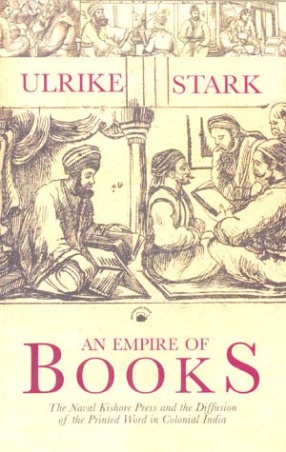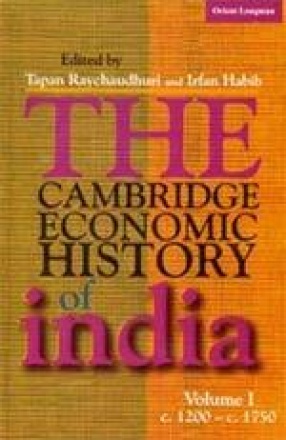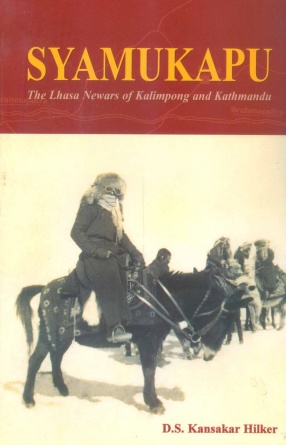An Empire of Books: The Naval Kishore Press and the Diffusion of the Printed Word in Colonial India
Synopsis
The history of the book and the commercialization of print in the nineteenth century remain largely uncharted areas in South Asia. This major monograph on the legendary Naval Kishore Press of Lucknow (est. 1858)—then the foremost publishing house in the subcontinent—represents something of a breakthrough. It analyses an Indian publisher’s engagement in the field of cultural production with a detail and rigour hitherto unknown.
Describing early centres and pioneers of print in North India, the author traces the coming of the book in Hindi and Urdu. The career of Munshi Naval Kishore (1836–95) is viewed as exemplifying the publisher’s rise to prominence in the colonial public sphere. Ulrike Stark examines the publishing house in its roles as commercial enterprise and intellectual centre. Against a backdrop of cultural, social, and economic developments, she analyses the production of scholarly and popular books in religion, medicine, historiography, and literature, identifying the contributions of individual scholars, literati, and translators associated with the press.
The business relationship between publisher and colonial government receives special attention as an example of the transactional character of the colonial encounter. Aspects of patronage, competition, and contested agency in textbook production are fore-grounded.
Concluding with an analysis of patterns of Hindi and Urdu publishing, the book portrays the Naval Kishore Press as an intellectual microcosm reflecting a still vibrant composite culture.
This book is invaluable for anyone interested in print culture, intellectual networks, and the cultural history of modern India.
Read more
Describing early centres and pioneers of print in North India, the author traces the coming of the book in Hindi and Urdu. The career of Munshi Naval Kishore (1836–95) is viewed as exemplifying the publisher’s rise to prominence in the colonial public sphere. Ulrike Stark examines the publishing house in its roles as commercial enterprise and intellectual centre. Against a backdrop of cultural, social, and economic developments, she analyses the production of scholarly and popular books in religion, medicine, historiography, and literature, identifying the contributions of individual scholars, literati, and translators associated with the press.
The business relationship between publisher and colonial government receives special attention as an example of the transactional character of the colonial encounter. Aspects of patronage, competition, and contested agency in textbook production are fore-grounded.
Concluding with an analysis of patterns of Hindi and Urdu publishing, the book portrays the Naval Kishore Press as an intellectual microcosm reflecting a still vibrant composite culture.
This book is invaluable for anyone interested in print culture, intellectual networks, and the cultural history of modern India.
31.50
28.35
$
35.00 $
Free delivery Wolrdwidе in 10-18 days
Ships in 2-4 days from New Delhi
Membership for 1 Year $35.00
Get it now and save 10%
Get it now and save 10%
BECOME A MEMBER







Bibliographic information